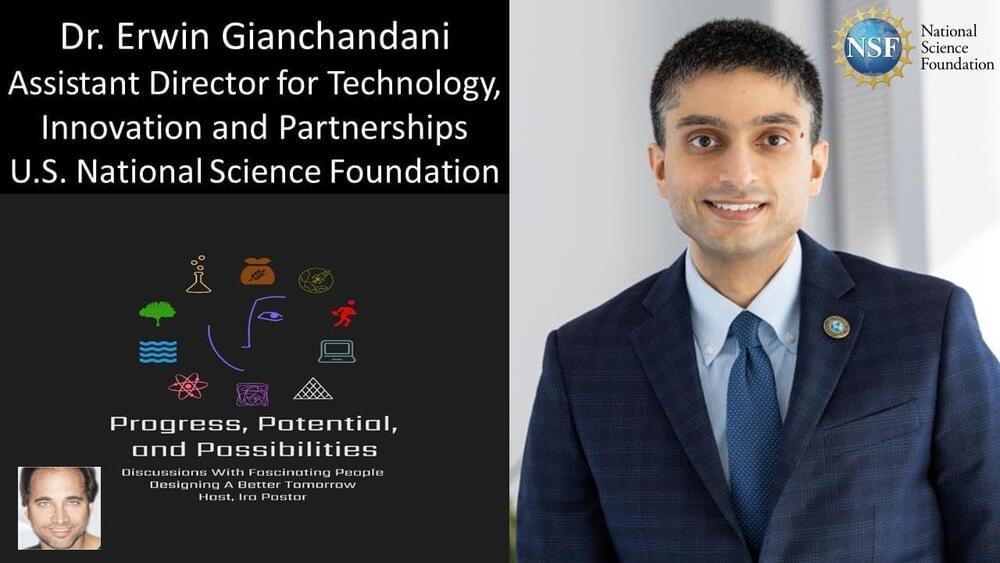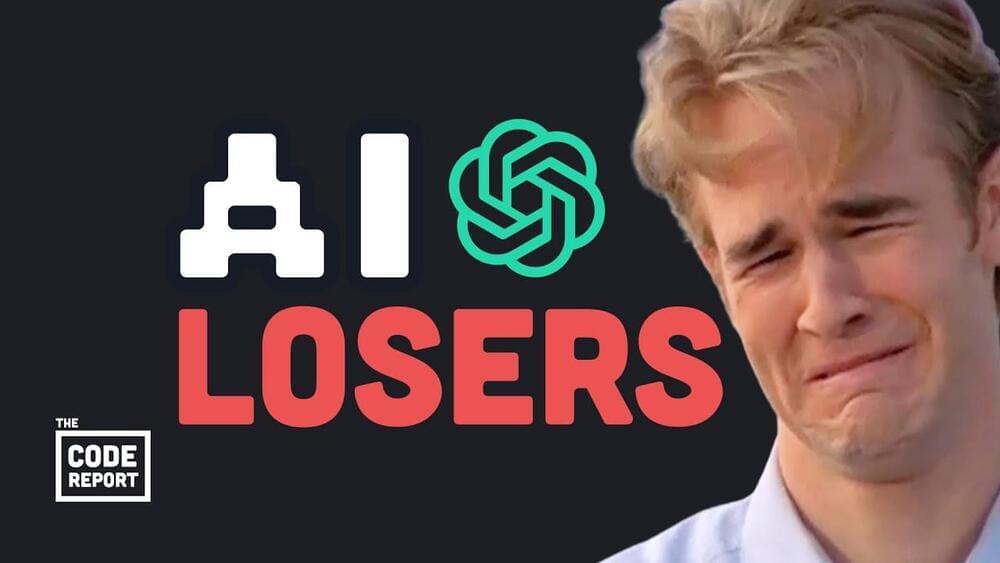
In light of these changes, there is growing concern about the future of employment worldwide. Surveys suggest that one-fourth of all jobs are at risk of being automated, which understandably makes people worry about job security. However, there is evidence to suggest that the impact of automation may not be as dire as some may fear.
Contrary to popular belief, the automation of jobs is not necessarily synonymous with the elimination of jobs. Instead, it is likely to change the nature of occupations by taking over easy and repetitive tasks, which will free up employees to focus on work that requires higher-level interpersonal skills. This shift is expected to create a demand for workers who are skilled in areas such as communication, problem-solving, and critical thinking.
In conclusion, the nature of labor is evolving at an unprecedented pace due to the rise of technology. Automation and AI are transforming the types of jobs available in many industries, creating new opportunities for workers with higher-level skills. Although there may be concerns about job security, the impact of automation is expected to change rather than eliminate occupations, providing a chance for workers to develop new skills and remain relevant in an ever-changing job market.


















